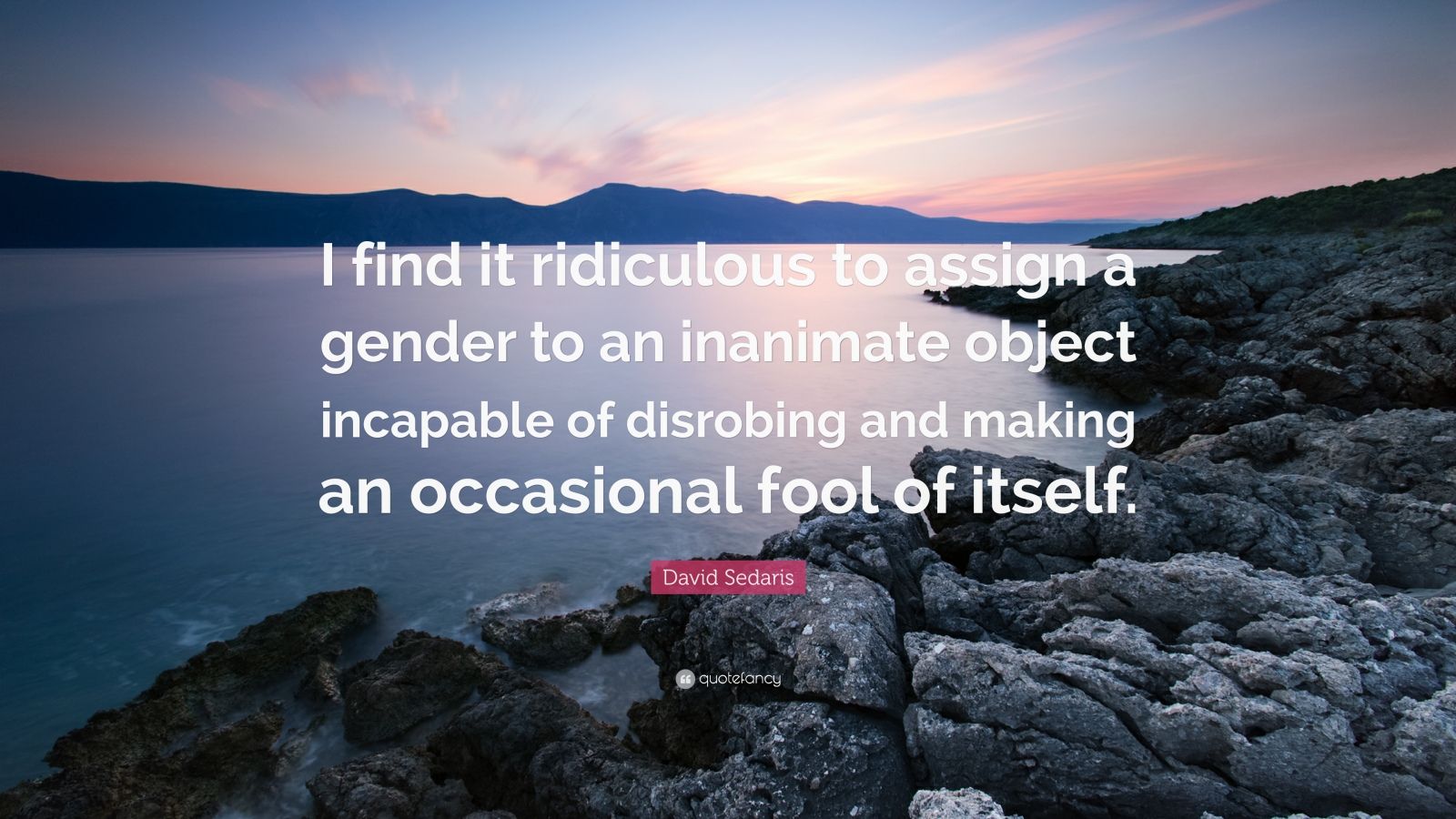

“ Deploy Less Fast, Break Fewer Things” by Annette Zimmermann Philosophers on Next-Generation Large Language Models

I encourage you to read their contributions, join the discussion in the comments (see the comments policy), and share this post widely with your friends and colleagues.

I appreciate them putting such stimulating remarks together on such short notice. The contributors to this installment of “Philosophers On” are: Abeba Birhane (Senior Fellow in Trustworthy AI at Mozilla Foundation & Adjunct Lecturer, School of Computer Science and Statistics at Trinity College Dublin, Ireland), Atoosa Kasirzadeh (Chancellor’s Fellow and tenure-track assistant professor in Philosophy & Director of Research at the Centre for Technomoral Futures, University of Edinburgh), Fintan Mallory (Postdoctoral Fellow in Philosophy, University of Oslo), Regina Rini (Associate Professor of Philosophy & Canada Research Chair in Philosophy of Moral and Social Cognition), Eric Schwitzgebel (Professor of Philosophy, University of California, Riverside), Luke Stark (Assistant Professor of Information & Media Studies, Western University), Karina Vold (Assistant Professor of Philosophy, University of Toronto & Associate Fellow, Leverhulme Centre for the Future of Intelligence, University of Cambridge), and Annette Zimmermann (Assistant Professor of Philosophy, University of Wisconsin-Madison & Technology and Human Rights Fellow, Carr Center for Human Rights Policy, Harvard University). The contributions that the authors make to these posts are not fully worked out position papers, but rather brief thoughts that can serve as prompts for further reflection and discussion. Philosophers On is an occasional series of group posts on issues of current interest, with the aim of showing what the careful thinking characteristic of philosophers (and occasionally scholars in related fields) can bring to popular ongoing conversations.

I am very grateful to her for all of the work she put into developing and editing this post. Here it is.Īs with the previous post on GPT-3, this edition of Philosophers On was put together by guest editor by Annette Zimmermann. It seemed like a good time for a follow-up to that original post, one in which philosophers could get together to explore the various issues and questions raised by these next-generation large language models. Over the past few months, with the release of OpenAI’s ChatGPT and Bing’s AI Chatbot “Sydney” (which we learned a few hours after this post originally went up has “secretly” been running GPT-4) (as well as Meta’s Galactica-pulled after 3 days-and Google’s Bard-currently available only to a small number of people), talk of LLMs has exploded. Back in July of 2020, I published a group post entitled “ Philosophers on GPT-3.” At the time, most readers of Daily Nous had not heard of GPT-3 and had no idea what a large language model (LLM) is.


 0 kommentar(er)
0 kommentar(er)
